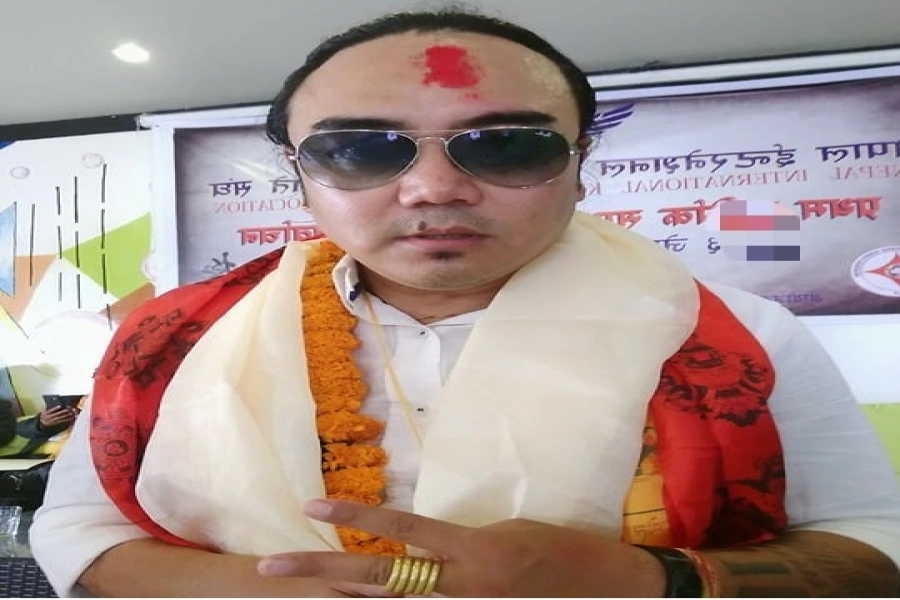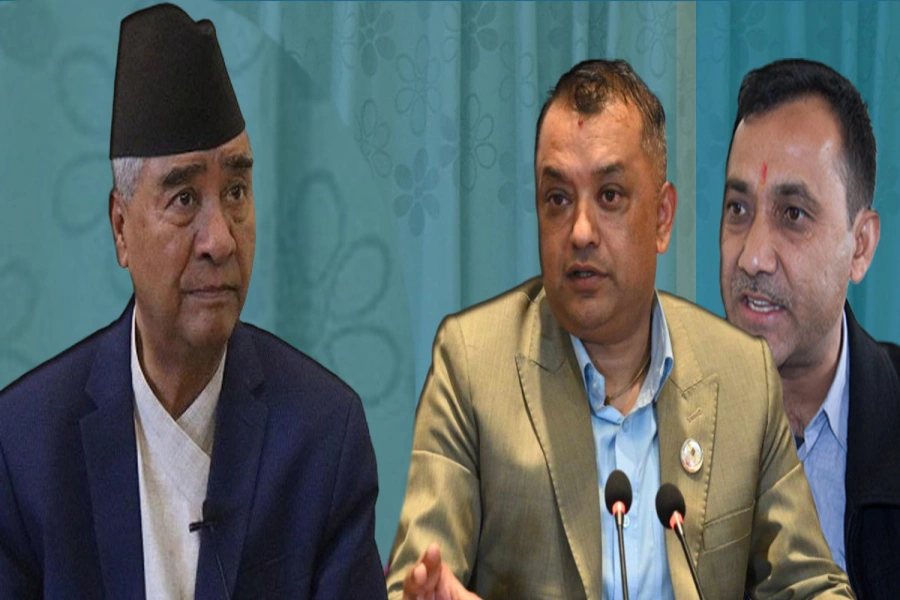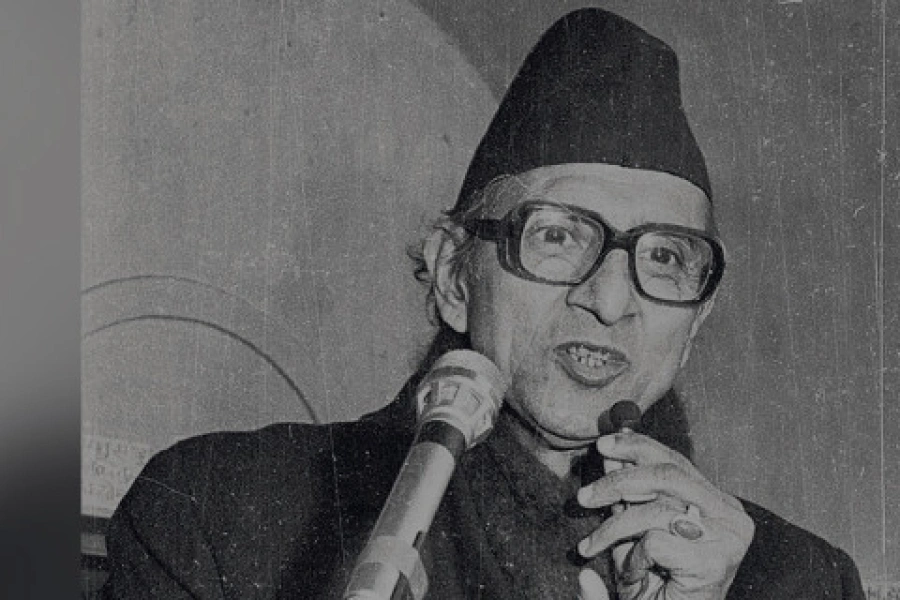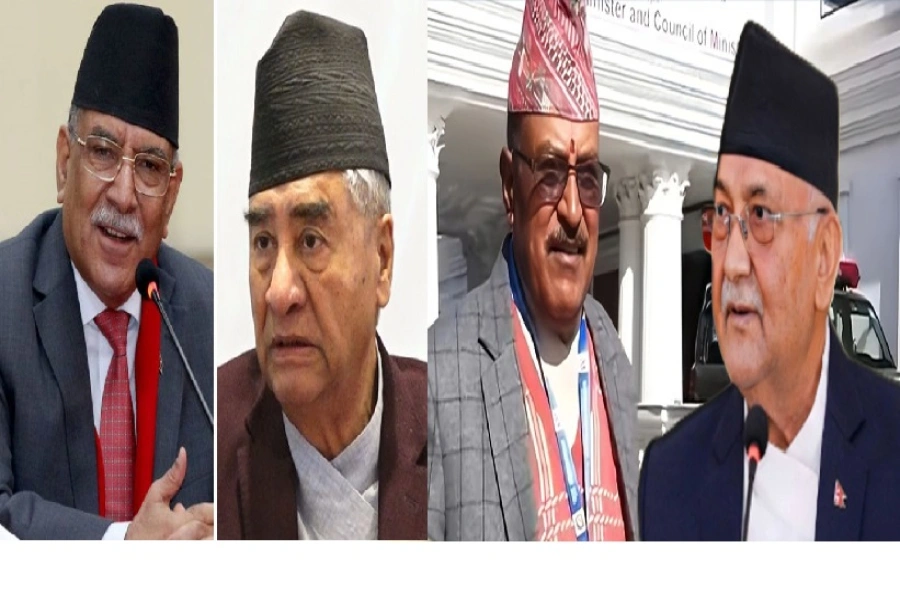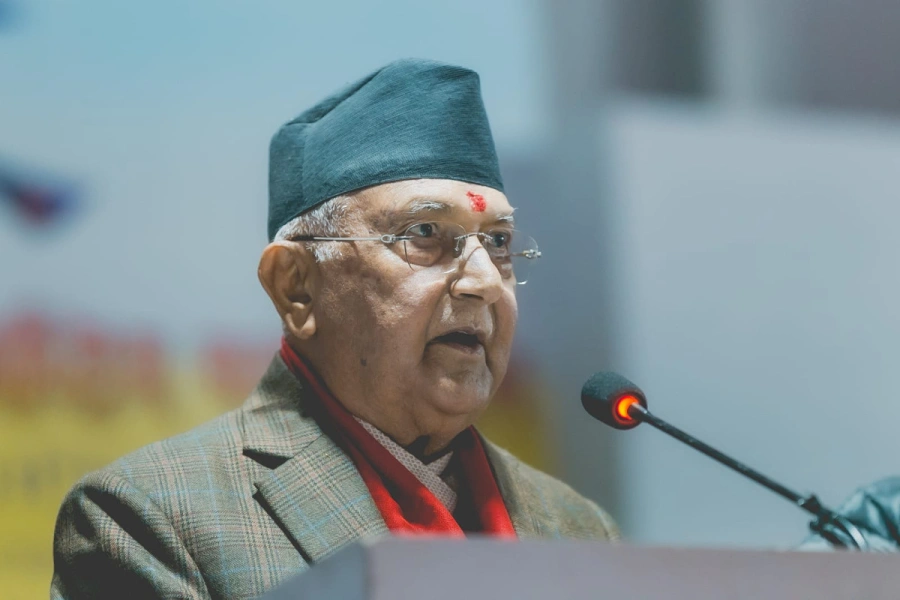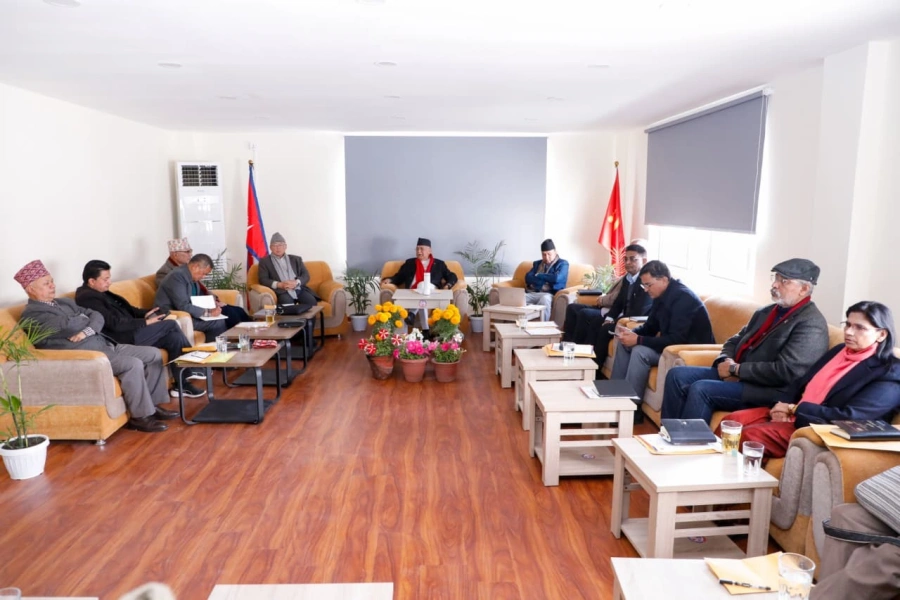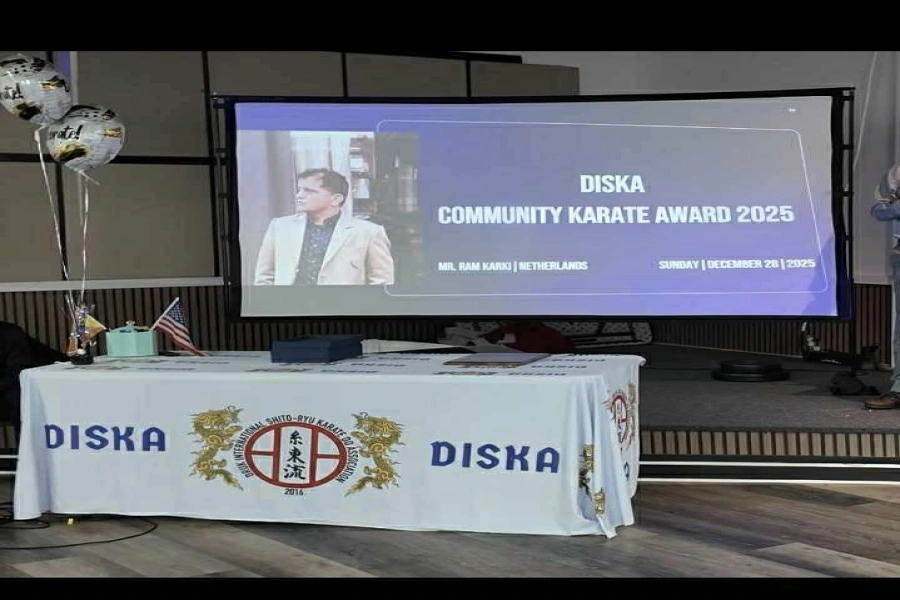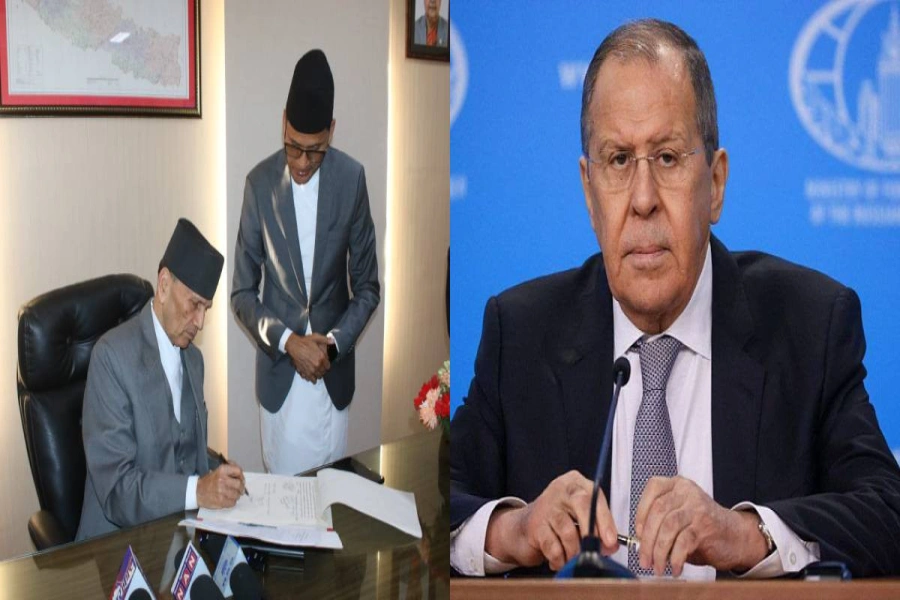I would like to focus on three areas where Nepali universities need changes. One is the need for more interdepartmental collaborations, the second is the modification of research methods and processes, and the third is about broadening the scopes of those departments which are on the verge of disappearance. Universities in Nepal cannot ignore the patterns and policies of modern university education system. The domain of the sciences and management may be doing well in comparison to the Humanities but they too have to rethink about the deficiencies in their pedagogic policies and their implementation.
Interdepartmental collaboration is one of the major pedagogic priorities of modern universities in terms of allowing the students to pursue their areas of interest in the different departments and hence preventing departmental ‘ghettoization’. Nepali universities are rigid because of their unwillingness to change outdated modes of education. The political parties must understand that a university is the intellectual field of cultural minds. Ideas are produced, repaired, questioned and unconditionally debated in universities and the mediocre who neither desire nor know what to do with such vital institutions must be ashamed for their uncalled for interference.
PhD and other research programs are losing their edge with mediocrity of contents and subject matters, plagiarism and lack of supervision. Department heads must introduce courses as necessary requirements before allowing students to write the proposals and defend theses. Tribhuvan University Humanities doctoral research now resembles National Development Service reports which the Panchayat-era educational policies may have been introduced with good intentions but were documented very poorly.
What are we doing to save those departments which are on the verge of disappearance and which need to be renamed and reprogrammed? Even my own English department needs to be renamed in the context of English education in South Asia, and in the context of what is going on in India and China. English education also needs more curricular flexibility. Complacency in these areas is dangerous.
While I would advise my colleagues to take their job more seriously (one of whom wrote on Rautes of Nepal while sitting in a popular Bangalore Coffee House), I would also like to advice that students politics do not interfere in pedagogic matters for one simple reason. A student once called to invite me to join a meeting organized by students to discuss curricula. I asked him over the phone why he wants to discuss curricula. He said it was vital for the education of the country. I asked him how many months ago had he completed his undergraduate education. Just two months ago, sir, he replied.
I asked again: So after completing BA in English and joining university you are capable of planning and deciding the education policies of this country? He said: “Sirle seriously linu bhayo!” (Sir, you took it seriously).
That was a dangerous remark on his part. I later asked him to pursue his education for five to seven more years and if he is then genuinely interested in pedagogy and ready to do some serious work, he will be qualified to start thinking about national education. He did not go to the meeting, I came to know. That was very mindful of him. Some of my university colleagues did. That was disappointing because they either were reckless or had joined the meeting out of fear.
I do not say that one is not free to discuss. But is just about anyone in a position to discuss and suggest reforms of the Nepali cricket team after it lost to Afghanistan? You may discuss the matter but please do not waste your time in an area in which you are not well informed and read. Another person told me that he hates lesbians. I asked him to talk to me for five minutes on the issues of lesbianism. He said he did not know much.
How can you hate something when you don’t even understand it?
My suggestions are simple. Such pedagogic problems evolve due to the confusion on who is to do what. To sum up my points: A student needs to keep learning for many years while an educationalist needs to think about university as a multidimensional location.
I am not a good pedagogue though I may be a good teacher. I find it hard to think about curricula and patterns of education in universities. That is why I take suggestions from those who have been working in this field.
orungupto@gmail.com
One beaten to death in Dhanusha




